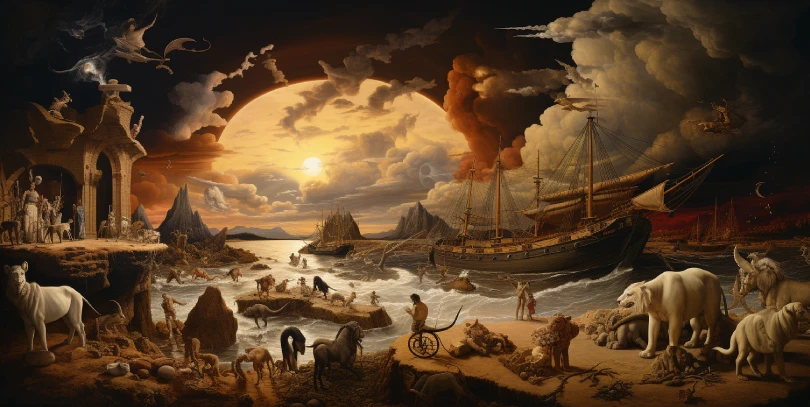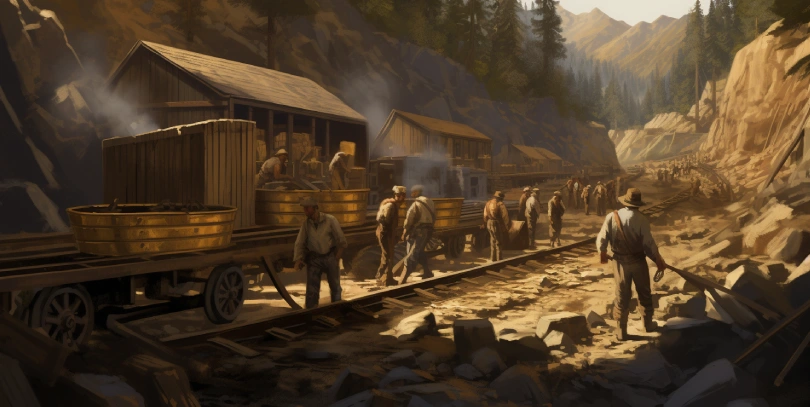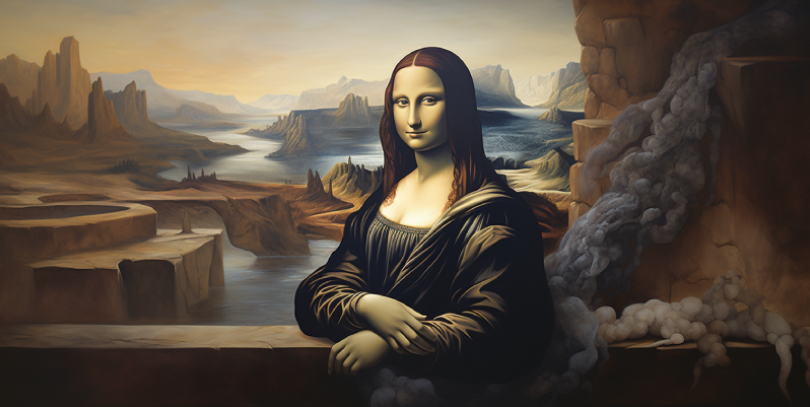Human history is marked by groundbreaking events and inventions that have shaped the course of civilization. This article explores some of the most pivotal moments in human history.
- The invention of the printing press by Johannes Gutenberg in the 15th century revolutionized the way information was disseminated and helped spread knowledge and ideas.
- The Industrial Revolution, which began in the 18th century, transformed the way goods were produced and led to significant economic and social changes.
- The American Revolution marked the beginning of modern democracy and inspired other countries to fight for their own independence.
- The abolition of slavery in the 19th century was a significant step towards ending institutionalized racism and promoting equality.
- The discovery of penicillin by Alexander Fleming in 1928 revolutionized medicine and saved countless lives.
- The invention of the internet in the 20th century has transformed the way people communicate and access information.
- The fall of the Berlin Wall in 1989 marked the end of the Cold War and the beginning of a new era in international relations.
- The Civil Rights Movement in the United States in the 1960s helped to end segregation and promote equal rights for all citizens.
- The French Revolution in the late 18th century marked the end of the monarchy and the beginning of a new era of democracy.
- The discovery of the New World by Christopher Columbus in 1492 led to the colonization of the Americas and the exchange of goods and ideas between Europe and the New World.
- The invention of the steam engine by James Watt in the 18th century revolutionized transportation and industry.
- The discovery of electricity in the 19th century transformed the way people lived and worked.
- The development of the atomic bomb during World War II changed the nature of warfare and led to the beginning of the Cold War.
- The Renaissance in the 14th century marked a period of great cultural and intellectual growth in Europe.
- The Protestant Reformation in the 16th century led to the establishment of new Christian denominations and challenged the authority of the Catholic Church.
- The discovery of the laws of gravity by Isaac Newton in the 17th century revolutionized the way people understood the universe.
- The rise of the Mongol Empire in the 13th century led to the spread of ideas and technologies across Eurasia.
- The development of the first cars in the 19th century transformed transportation and led to the growth of the automobile industry.
- The rise of colonialism in the 16th century led to the exploitation of resources and people in other parts of the world.
- The invention of the telephone by Alexander Graham Bell in the 19th century revolutionized communication and made it easier for people to stay connected.






